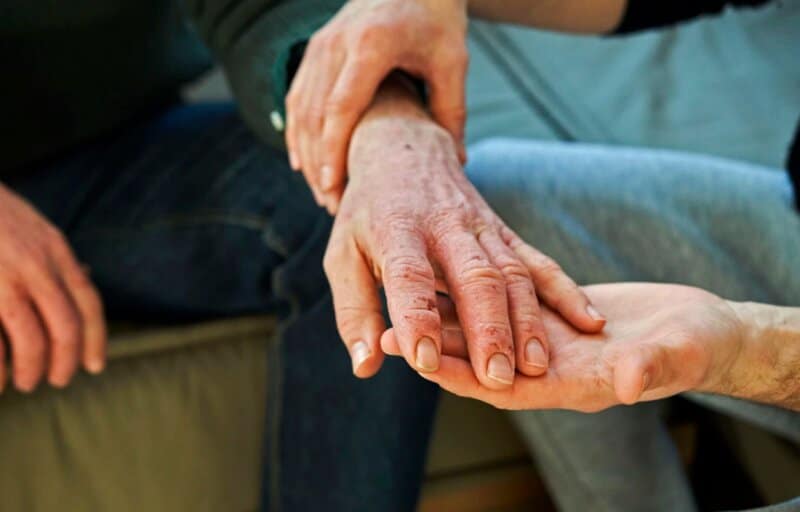Scientists are still figuring out why eczema makes people’s skin itch.
Inflammation worsens as people scrape and injure their skin. A study published Wednesday in Cell suggests that a bacterium called Staphylococcus aureus may also cause itching.

According to Harvard Medical School, the bacterium may directly stimulate nerve cells in mice.
“Sometimes, with very little inflammation, we could still see mice scratching. Isaac Chiu, an associate professor of immunology at Harvard Medical School and study co-author, said that the bacteria directly affected nerve fibres that cause itching.
Before the study, scientists knew S. aureus caused eczema, but the relationship was unclear. According to recent research, S. aureus releases the V8 enzyme when it invades mouse skin. This stimulates PAR1, a skin nerve cell protein. The brain receives a signal from the active protein, making the mouse irritable and scratch.
Human nerve cells in lab trials indicated the same process, but experts aren’t sure if it applies to people.
Still, the research may provide scientists with a new approach to treating eczema, which affects 10% of people in the United States. The most common variety, atopic dermatitis, produces persistent, itchy, dry, and cracked skin and is closely linked to asthma and hay fever.
“Almost all of their lesions harbour Staph aureus,” said Chiu’s postdoctoral researcher Liwen Deng, another study co-author.
The study exposed mice to S. aureus bacteria on their skin for many days. By the third day, the mice experienced skin irritation and scratched more than mice who weren’t exposed to the bacteria.
The damaged mice were also more likely to develop alloknesis, a disorder where people itch from unusual stimuli like soft contact.
The research used mice with decreased immune cells or inflammatory chemical levels linked to skin allergies to rule out the idea that inflammation still drives the itch response. The data still showed that the bacterium caused itching.
Nathan Archer, an associate professor of dermatology at Johns Hopkins University School of Medicine who was not involved in the research, stated, “Their study was able to break apart the inflammatory response and the itch response.”
In an email, Chicago Integrative Eczema Center founder Dr. Peter Lio said the Harvard study “strengthens and furthers our understanding” of Staph bacteria’s function in itching.
“We have learned about Staph’s many toxins: some cause inflammation, others skin barrier damage, and others itch,” said Lio, who wasn’t involved in the research.
Archer said the study may help treat eczema sufferers who don’t react to therapies. In 2017, an injectable for moderate or severe eczema in adults was authorized. Doctors often prescribe topical steroids.
Deng added, “There aren’t targeted treatments to go after bacteria.”
She added that scientists may develop a topical therapy that blocks the S. aureus route that irritates. The only FDA-approved treatment that blocks the PAR1 protein is Vorapaxar, an anti-clotting medicine that might treat eczema.
In the latest study, Vorapaxar appeared to lessen the urge to scratch in the mice who got it.
Chiu said the research might help with skin problems other than eczema, such as impetigo, an infection that produces red face sores in newborns and children.
He remarked,“Any situation where Staph aureus is present on the skin could be relevant to our findings.”

